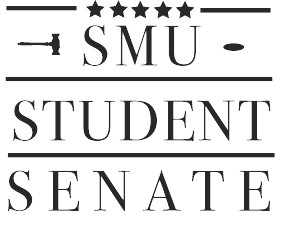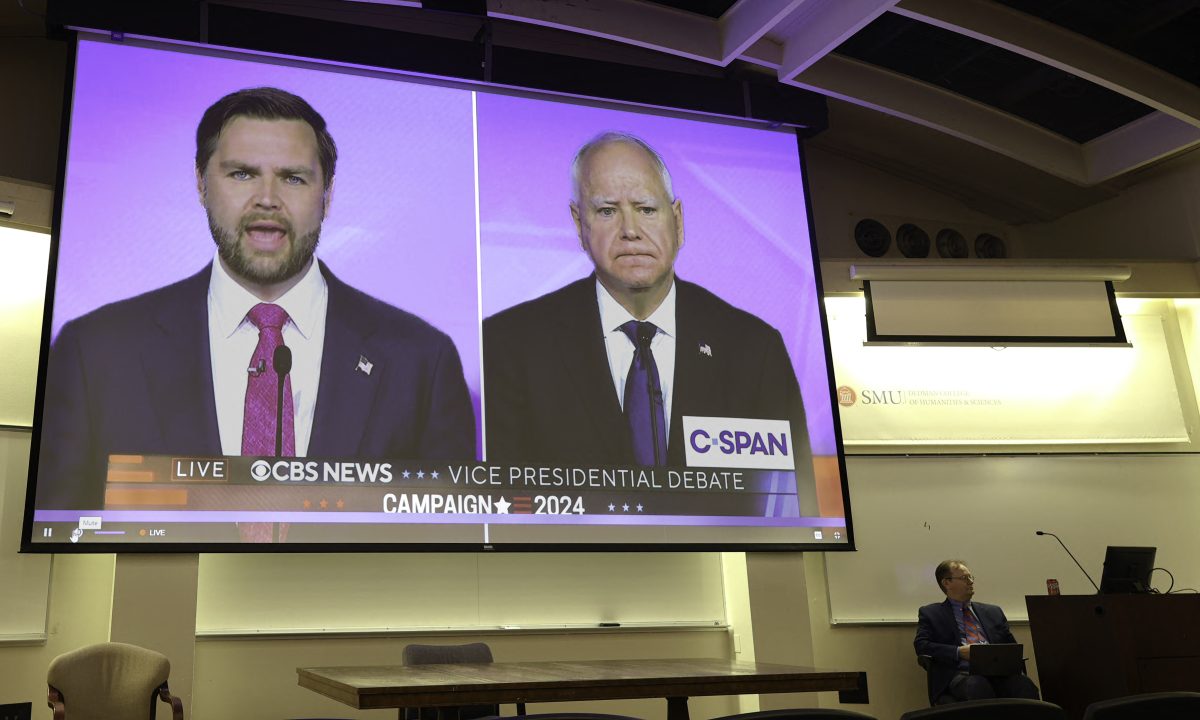
A bill eliminating school affiliation and all minority special interest representation from the SMU student senate has been pulled from consideration for tomorrow’s meeting.
The bill has ignited a firestorm of protest from students, staff and faculty members since it was officially introduced last Tuesday. Some, including the leadership of the senate, laid everything on the line to support or defeat the bill before it was pulled late Monday afternoon.
In an impassioned statement to The Daily Campus, Student Body President Patrick Kobler said he would do everything possible to prevent the bill from passing, and would consider resigning if the bill succeeded on the floor Tuesday.
“I will not lead an organization that would be so clearly uneducated about minority communities on campus,” Kobler said of the original bill.
Student Body Secretary Peter Goldschmidt and Senator Christina Kearney authored the piece with the intent to simplify elections and address issues related to over- and under-representation of certain groups by opening seats to all students.
Currently, academic seats – the majority of the body – are apportioned on a 300-1 ratio based on student populations in each of SMU’s eight schools. There are also three so-called “special interest” seats for ethnic minorities (African-American, Asian-American, and Hispanic-American), and one seat representing international students. Students holding those seats are automatically ex officio members of the umbrella organizations that deal with each minority constituency (i.e. Association of Black Students, College Hispanic American Students, Asian Council, etc.).
Goldschmidt told The Daily Campus in an e-mailed statement that the proposed change would lift what he sees as a limitation on the number of seats held by ethnic minorities to include several voices per ethnic group. It would also effectively enfranchise more special interest groups by empowering individual senators who identify with different constituencies to speak on behalf of those groups when legislation is drafted that is germane to them.
In light of several recent proposals that would add seats for students with disabilities, transfers, and lesbian, gay, bisexual and transgendered students, Goldschmidt and countless others felt a more efficient way to include those groups would be to rely on “passionate” individuals from a variety of different constituencies to campaign hard and win votes. That way, Goldschmidt says, only the most dedicated students would be elected as members of the senate.
Current special interest senators and executive officers of the Indian Students Association, Vietnamese Students Association and the Association of Black Students, as well as several faculty members believe removing academic affiliation as well as the specifically identified voices of minorities would reduce the senate’s ability to represent minority communities by focusing too heavily on individual senators’ personal views on issues. Eliminating special interest seats in their current incarnation would remove the requirement that senators speaking on behalf of special interests be plugged in to those constituencies by attending meetings and being held accountable for the votes they cast.
Many worry that issues will not be appropriately understood and therefore left unaddressed.
In the past week, Goldschmidt has rebuffed critics, including fellow members of the senate, who say his legislation has racial motives. The bill has been attacked on the grounds that exempting senators from listening to minority student groups leaves them uninformed about a constituency’s issues. Goldschmidt argues that direct ties to individual ethnically focused student groups have nothing to do with a person’s ability to speak on those topics. Moreover, Goldschmidt says a host of additional minority groups not currently represented in the chamber would gain a voice under his plan.








